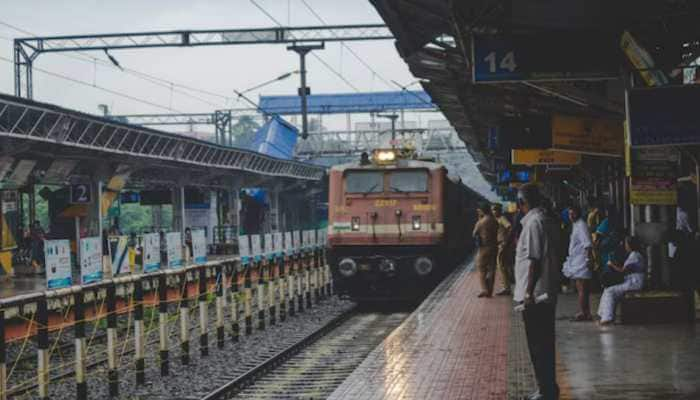Auto industry value chain pins hopes on healthy festive sales
The automobile industry value chain includes parts manufacturers, OEMs, dealerships and workshops. The entire value chain is one of the largest employers in the country and has a substantial contribution to the country's GDP.
Trending Photos
)
New Delhi: Faced with a consumption slowdown along with the high cost of finance, the country's automobile industry's value chain expects a partial turnaround during the upcoming festive season and the recent measures announced by the government to shore up growth.
The automobile industry value chain includes parts manufacturers, OEMs, dealerships and workshops. The entire value chain is one of the largest employers in the country and has a substantial contribution to the country's GDP.
At present, the sector suffers from a sales downturn due to several factors like high GST rates, farm distress, stagnant wages and liquidity constraints.
Besides, inventory pile-up and stock management of unsold BS-IV vehicles have become a problem for the sector.
Nonetheless, a partial turnaround might be around the corner with the advent of the festive season along with the effect of recent growth inducing measures anounced by the government.
The expected revival was pointed out by Federation of Automobile Dealers Associations (FADA) President Ashish Harsharaj Kale on the sidelines of FADA's Auto Retail Conclave 2019 being held here.
According to him, a partial turnaround during the upcoming festive season is widely expected which will also lead to job regeneration.
"We are seeing some recovery in the jobs that were lost," Kale told IANS.
"We hope the festive season will be better in terms of sales and this will have a positive effect on job recovery."
The sector has witnessed around 2 lakh job losses due to the sales slowdown.
Additionally, the industry body expects the latest government measures to kick-in and reverse the ongoing slowdown.
To help revive the sector, Finance Minister Nirmala Sitharaman has announced several steps.
These includes allowing government departments to buy new vehicles, automobiles purchased till March 31, 2020 to avail the benefit of additional depreciation of 15 per cent, with total depreciation up to 30 per cent, and BS-IV vehicles bought till March 31, 2020 would remain operational for their entire registration period.
Similarly, Society of Indian Automobile Manufacturers President Rajan Wadhera said that an up-tick in government spending will lead to further demand generation in the economy.
However, the partial turnaround might be short-lived, as Wadhera pointed out that the road ahead for the Indian automobile industry seems to be "difficult" due to the upcoming transition from BS-IV emission norms to BS-VI.
Additionally, he noted that even as the industry faces the sales slowdown, OEMs have been investing Rs 1,000 crore, on an average, to upgrade their offerings.
The industry expects a further sales slowdown once the BS-VI norms are implemented. These norms are expected to ramp up prices and further dent consumer sentiments.
On Sunday, almost all major automobile makers in the country reported a huge decline in domestic sales across segments like passenger, commercial and two and three-wheeler vehicles.
Stay informed on all the latest news, real-time breaking news updates, and follow all the important headlines in india news and world News on Zee News.
Live Tv







)
)
)
)
)
)
)
)
)
)
